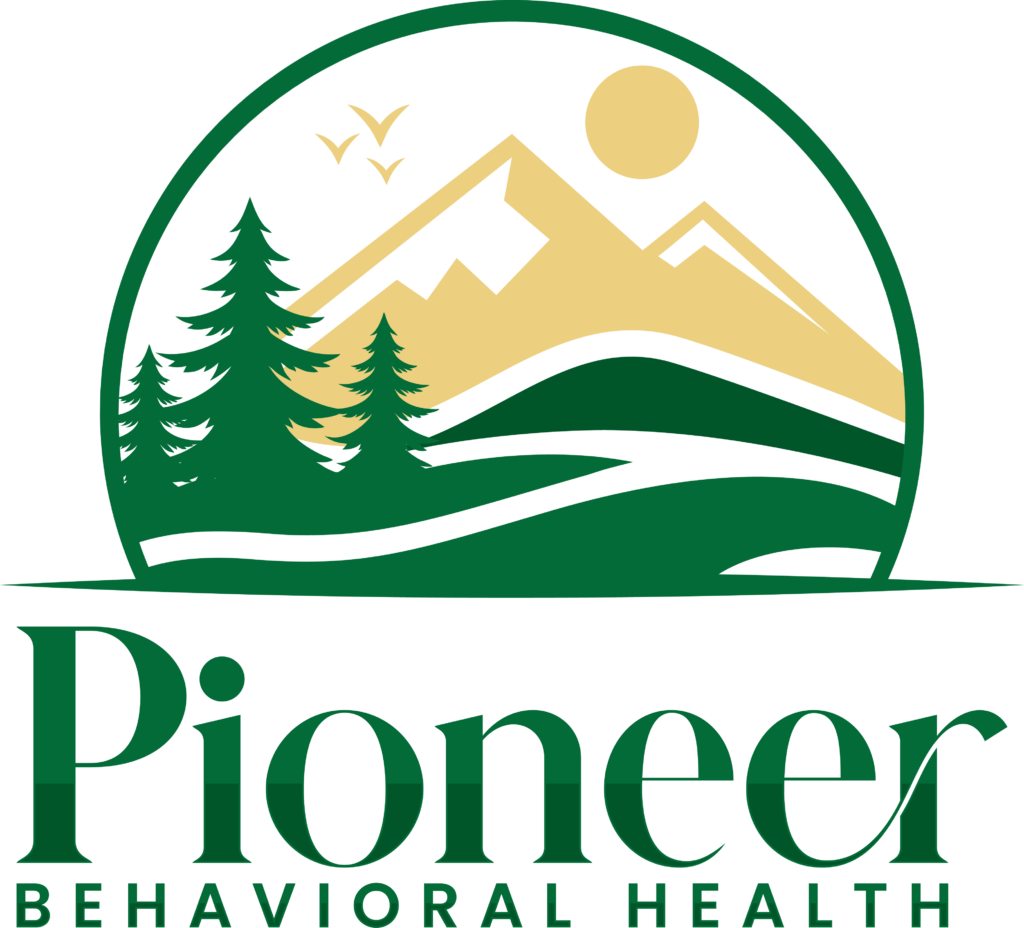Prescription drugs play a vital role in modern medicine. They relieve pain, help regulate mood, and treat chronic conditions. However, these same medications can sometimes lead to dependence or addiction if they’re not used as directed—or if they’re misused. At Pioneer Behavioral Health, we believe that awareness and education are the first steps toward preventing prescription drug misuse and supporting those who need help. Below, we explore what prescription drug addiction is, the signs to watch for, and how to seek effective treatment.
1. What Is Prescription Drug Addiction?
Prescription drug addiction occurs when someone becomes both mentally and physically dependent on a medication that requires a doctor’s prescription—commonly opioids, benzodiazepines, or stimulants. While many people start taking these medications under legitimate medical guidance, misuse can develop if they:
- Take higher doses than prescribed.
- Use the medication more frequently than recommended.
- Continue to use it long after they need it for medical reasons.
Over time, the body can build a tolerance, requiring higher doses to achieve the same effect. This cycle leads to dependence and, in some cases, addiction.
2. Commonly Misused Prescription Drugs
- Opioids
- Examples: Oxycodone, Hydrocodone, Morphine
- Intended Use: Pain relief
- Misuse Risk: High risk of physical dependency; withdrawal symptoms can be severe.
- Benzodiazepines
- Examples: Xanax (alprazolam), Valium (diazepam), Ativan (lorazepam)
- Intended Use: Anxiety and insomnia treatment
- Misuse Risk: Can lead to tolerance and dependence quickly; mixing with alcohol increases the danger.
- Stimulants
- Examples: Adderall (amphetamine/dextroamphetamine), Ritalin (methylphenidate)
- Intended Use: ADHD treatment, narcolepsy management
- Misuse Risk: Overuse can lead to increased blood pressure, heart issues, and psychological dependence.
3. Warning Signs and Symptoms
Recognizing the signs of prescription drug addiction can be challenging because the medications are often initially prescribed for valid reasons. Here are some common indicators:
- Frequent refills or “doctor shopping”: Going to multiple healthcare providers for the same prescription.
- Physical changes: Nausea, sweating, drowsiness, or withdrawal symptoms when not taking the medication.
- Behavioral shifts: Mood swings, drastic changes in energy levels or sleep patterns.
- Secretive actions: Hiding pills, lying about dosage or frequency of use, or stealing prescriptions.
- Neglecting responsibilities: Missing work or school, ignoring personal or family obligations.
If these signs sound familiar—for yourself or someone you know—it may be time to seek professional guidance.
4. Risks and Consequences
Prescription drug misuse can lead to severe short-term and long-term consequences. These include:
- Health complications: Organ damage, increased risk of overdose, respiratory depression (in the case of opioids), and elevated heart rate or blood pressure (stimulants).
- Mental health challenges: Heightened anxiety, depression, or even psychosis in extreme cases.
- Strained relationships: Tension and conflict with friends, family, or coworkers due to behavioral changes.
- Legal and financial problems: Possible legal issues related to drug possession or theft, accumulating debt from obtaining medication illegally.
5. Treatment Approaches
A. Medical Detox
For many people with prescription drug addiction, a medically supervised detox is the first step. This process ensures that withdrawal symptoms are managed safely, reducing the risk of complications or relapse early in recovery.
B. Inpatient or Residential Treatment
Why it helps:
- Round-the-clock support and monitoring.
- Structured environment without access to addictive substances.
- Group and individual therapy sessions focus on relapse prevention and coping strategies.
C. Outpatient Programs
Why it helps:
- Flexibility to continue work, school, or family responsibilities.
- Ongoing therapy sessions, group support, and medication management.
- Ideal for individuals with strong support systems.
D. Therapy and Counseling
- Cognitive Behavioral Therapy (CBT): Helps identify negative thought patterns and replace them with healthier coping mechanisms.
- Motivational Interviewing (MI): Encourages self-awareness and personal motivation to change.
- Family Therapy: Involves loved ones in the recovery process for a supportive home environment.
E. Medication-Assisted Treatment (MAT)
In certain cases—especially for opioid or benzodiazepine dependence—prescribed medications can help ease withdrawal symptoms and reduce cravings. Examples include buprenorphine or methadone for opioid use disorder. Medication-assisted treatment is most effective when combined with therapy and counseling.
6. Prevention and Awareness
To minimize the risk of prescription drug misuse:
- Communicate openly with healthcare providers: Discuss any history of substance use, mental health concerns, or previous experiences with medications.
- Follow the doctor’s orders: Adhere strictly to dosage and frequency guidelines.
- Dispose of unused medication properly: Check for local drug take-back programs or consult the FDA’s disposal guidelines.
- Educate friends and family: Encourage responsible use and storage of prescription medications.
7. How to Seek Help
Addiction can feel isolating, but you don’t have to face it alone. Professional support and evidence-based treatment can pave the way for long-lasting recovery. At Pioneer Behavioral Health, our dedicated team offers:
- Comprehensive assessments to determine the level of care needed.
- Customized treatment plans designed around each individual’s unique circumstances.
- Group therapy, individual counseling, and family support.
- Ongoing aftercare programs to help maintain sobriety.
Don’t wait—if you or a loved one is struggling with prescription drug misuse, reach out for help.
Additional Resources
- National Institute on Drug Abuse (NIDA): https://nida.nih.gov/
- Substance Abuse and Mental Health Services Administration (SAMHSA): https://www.samhsa.gov/ | Helpline: 1-800-662-4357
- Centers for Disease Control and Prevention (CDC): https://www.cdc.gov/drugoverdose/
Final Thoughts
Prescription drug addiction can happen to anyone, but recovery is possible with the right support and treatment plan. Early intervention often leads to the best outcomes—so if you suspect prescription drug misuse in yourself or someone you love, it’s crucial to act quickly. At Pioneer Behavioral Health, our caring team is here to guide you every step of the way, from detox to aftercare. With professional help, you can overcome addiction and reclaim a healthy, fulfilling life.
Disclaimer:
This blog is for informational purposes only and is not a substitute for professional medical advice, diagnosis, or treatment. Always seek the advice of a qualified healthcare provider regarding any medical condition or treatment. If you or someone you know is in immediate danger or experiencing a medical emergency, please call 911 or go to the nearest emergency department.


